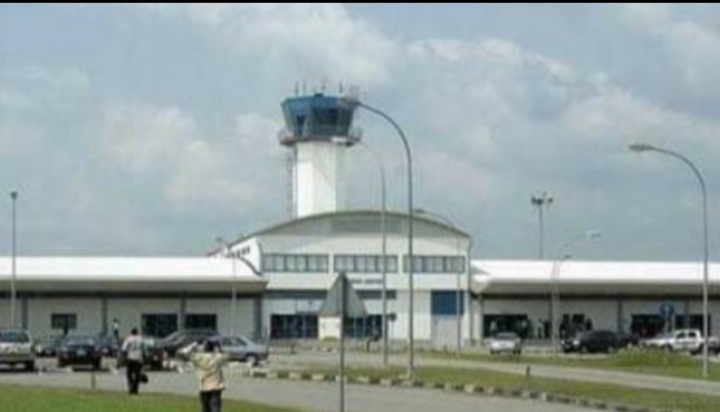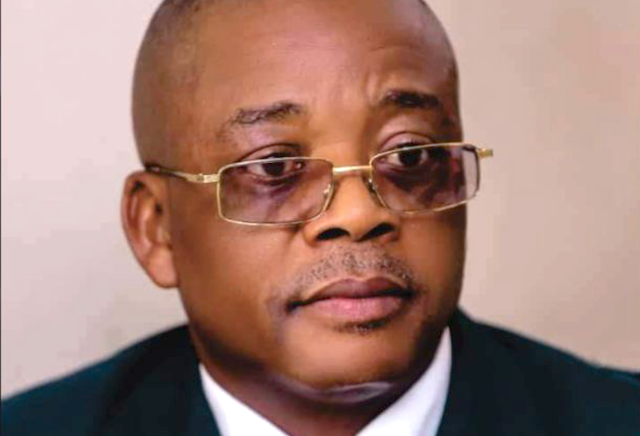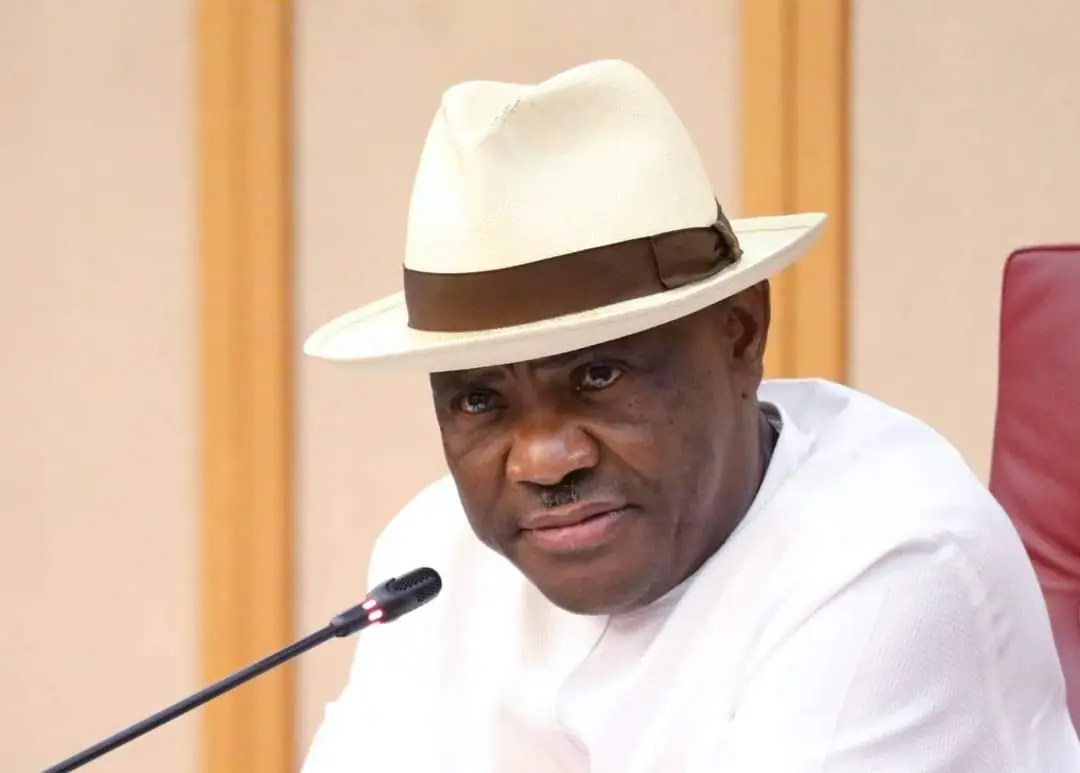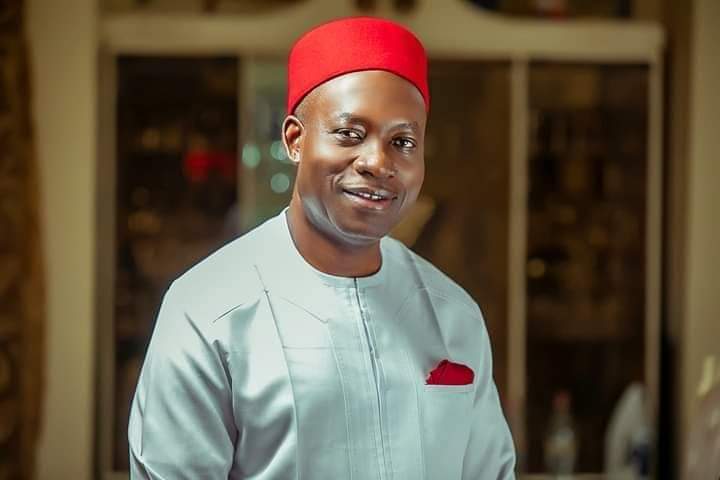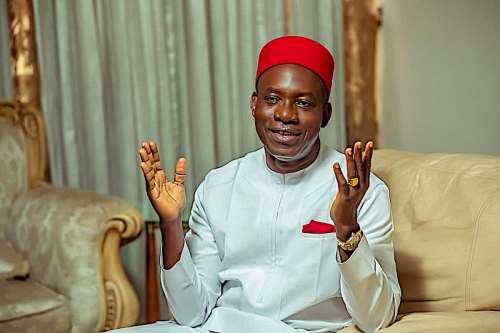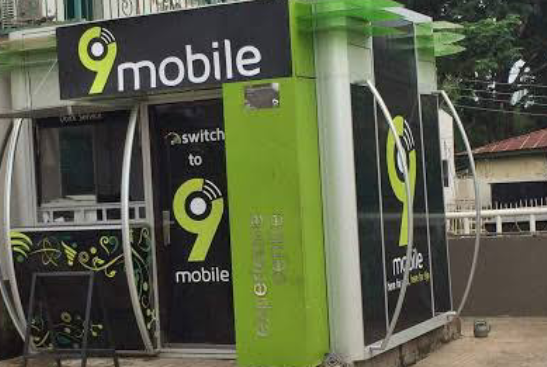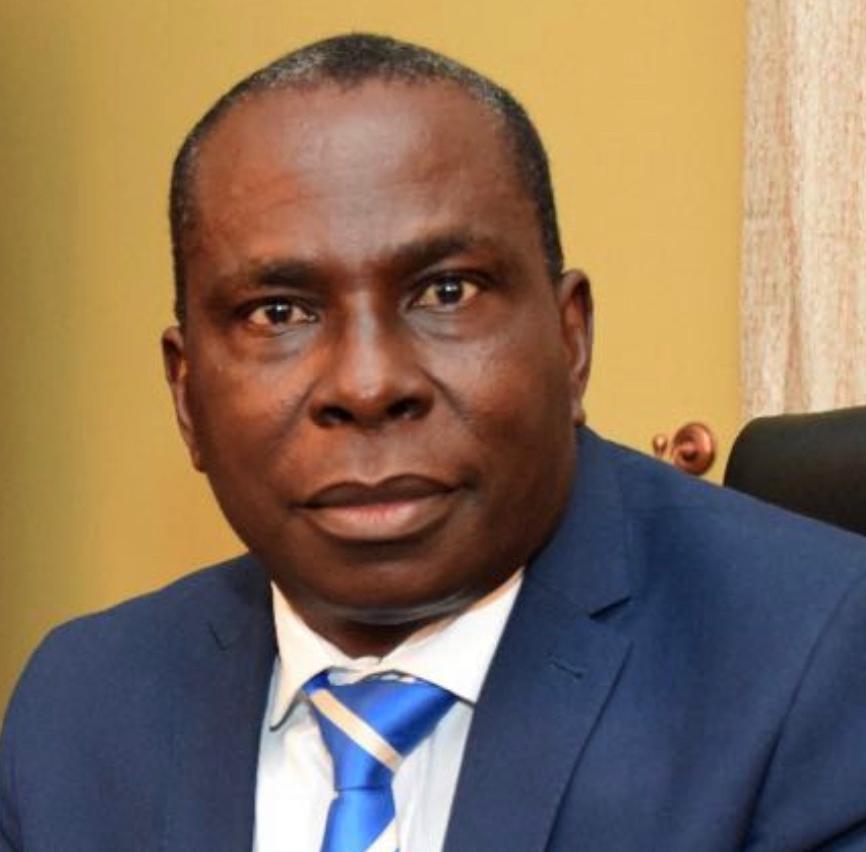Between the 29th and 30th of September 2023, Princeton University hosted a memorial symposium to mark the10th anniversary of the passing of Chinua Achebe. Simultaneously, the occasion coincided with the 30th anniversary of the publication of Achebe’s seminal and perennially topical pamphlet on Nigeria’s enduring leadership crisis, The Trouble With Nigeria.
Ten years after Achebe went to join his ancestors is a most fitting occasion first to reflect on what this great Nigerian left us as a legacy. Most importantly, our current crisis of national leadership compels a reflection of what message Achebe left us on the matter of leadership in the life of the nation as a community. In most of his life and career, Achebe resisted the tendency to be cast in the pigeon hole of just a writer. Not for him the luxury of art as an isolated occult preoccupation. Not for him the concept of art as the private communication of the artistic genius to a select audience of initiates.
Instead, he saw himself first and foremost as an active communicator and participant in the life of his community. He therefore defined for himself a clear communal and social function for the writer as a social being. Therefore, throughout Achebe’s literary works, essays and political statements, there remains a consistent preoccupation with the health of society. His focus was insistently on the role of the hero as a leader whose actions have benefits or repercussions for his society. For Achebe, the burden of heroism is the plight of the community.
It is wrong to confine Achebe’s consciousness exclusively to the historical. True of course, Chinua Achebe was a writer with an unmistakably historical consciousness. His works span the entire gamut of African history, socio cultural and political evolution up to the dawn of the 21st century. His works and consciousness span from Africa’s first encounters with colonialism through the emergence of independent African nation states. He engages with the politics of modern Africa and the dire consequences of a new society and a new political dispensation.
A remarkable feature of the nationalistic essence of Achebe’s art and consciousness is the primacy that he accords the hero as a leader of his community. Throughout Achebe’s literary works, we are constantly coming to grips with the struggles of individual heroes challenged to defend and protect their communities from unwholesome influences and to make difficult choices for the sake of the common good.
It could be the towering figure of Okonkwo in Things Fall Apart who personifies the identity of his assaulted people and would rather sacrifice himself than see his people and their values toppled by an alien dispensation and culture. It could be the high priest Ezeulu in Arrow of God who struggles to reconcile between the will of the community and his personal burden as the custodian of the spiritual sovereignty of his people.
Not to talk of the dilemma of Obi Okonkwo, the European educated civil servant in No Longer at Ease who has to struggle between the dictates of his personal morality and the expectations of a society in transition which expects him to abuse his office to please the expectations of the cargo mentality of a new materialistic society. Matters come to a head in the political world of A Man of the People where the politician Chief Nanga reminds us all of the present state of African politics where public office is a license to primitive accumulation, unchecked corruption, unbridled materialism and betrayal of the people by Africa’s “Big Men “ politicians. In all of these portrayals, Achebe’s preoccupation remains the health of the community and the need for the individual hero as a leadership figure to function as a measure of the fate of his community.
However, it is perhaps in his various polemical essays and speeches that the political Achebe comes across in digital clarity. Consistently, Achebe never tired of directly expressing his social commitment and desire for a better society in Nigeria in particular. He was relentless in calling out the worst examples of post -colonial African leadership. It did not matter whether the reference was to Nigeria’s pageant of military dictators or the interjecting civilian despots. He never tired of pointing out where leaders were going wrong and interrogating the serial betrayal of our hapless citizenry.
In terms of speaking truth to power at every opportunity, Achebe remained unsparing. For instance, during the Obasanjo civilian administration in Nigeria(1999-2007), he rejected a national honour because he was less than impressed with the conduct of state affairs under the administration. In rejecting national honours whether under President Obasanjo or President Jonathan after him, Achebe was unambiguous and strident.
Towards the end of his life and career, Achebe came to terms with the reality that Nigeria’s initial national purpose and mission had fatally derailed from the ideals at independence. He could no longer hide his sense of disappointment at Nigeria’s utter failure to realize the original ideals and hopes of nationhood raised at independence.
This note of crashed hope and amputated dreams is the entire purpose of his last autobiographical book as captured in its apt title: There Was a Country. The obvious note of that valedictory work is one of despair, regret and even outright lamentation of the squandering of Nigeria’s initial potentials and promise of illustrious nationhood. By the time of Achebe’s demise a decade ago, Nigeria was hovering at the brinks of tragic unraveling, a course that has remained irreversible up to the present time.
However, what is more poignant about this year’s celebration of Achebe’s legacy is that it marks the 30th anniversary of the publication of his explosive and powerful political pamphlet, The Trouble With Nigeria. Instructively, the booklet was released in the midst of Shehu Shagari’s Second Republic political bazaar.
The pamphlet was unabashed and unmistakable in identifying the crisis of leadership as Nigeria’s most enduring headache. That simple straightforward little handbook has remained a classic whether we were under a military or an ‘elected’ civil democratic dispensation. Nigeria’s leadership crisis has defied the costume of politicians. In The Trouble with Nigeria, Achebe brutally and bluntly narrowed the central problem of Nigeria to the crisis of leadership:
The trouble with Nigeria is simply and squarely leadership.
There is nothing basically wrong with the Nigerian character.
There is nothing wrong with the land or climate or water or
air or anything else. The problem is the unwillingness of its
leaders to rise to the responsibility, the challenges of
personal example which are the hallmarks of true leadership.
That crisis has lingered and endured. We must all be prepared to accept the sad, humiliating and inconvenient truth that all our present challenges as a nation are simply the consequences and costs of the protracted failure of leadership in our nation.
Thirty years after Achebe’s powerful definition of “the trouble with Nigeria”, the consequences of a succession of bad leaderships are now lodged with us. Whether they have been soldiers or civilians, the leadership culture of Nigeria has remained substantially the same. We have come to accept, as it were, a leadership culture whose tenure in power never alters the living circumstances of the people. On nearly all the indices of national development, Nigeria has continued to lag behind its peers.
As the world prepares to say goodbye to the age of hydrocarbons and fossil fuels, Nigerians can hardly point at any sustainable gains from trillions of petro dollars earned from 1959 to the present moment. Our corruption culture has become so endemic that we have graduated in the tallying of our stolen wealth from millions, hundreds of millions, then billions and now trillions of Naira. Not content with the Naira which our leaders have reduced to mere waste paper (N1,140 to USD $1), our political leaders now count their loot in billions of US dollars which has become the currency of Nigeria’s underground economy.
Our people have watched helplessly as the privatization of public wealth has graduated into an art. Agencies established to check graft have themselves become assembly lines of monumental graft and systematic fraud. Our judiciary has made a fanfare of convicting small criminals while letting loose those whose greed has impoverished millions of Nigerians and crippled the national economy to its present sorry state. Government itself has become a gigantic criminal enterprise with multiple centers located at the 36 state capitals and the Federal Capital Territory with repeater stations in the 774 local government headquarters across the nation.
The consequences of our serial bad leadership culture are everywhere in evidence. Observers of Nigeria since after independence will have made a disturbing discovery. Nigeria is one of the few countries in the world that grows and develops only in reverse. The quality of life of our people today is worse than it was in 1965. Our schools and hospitals today are more miserable than they were soon after independence. Our currency now buys less than it did only eight years ago. Inflation is currently at 28-29% and still galloping. Food inflation is currently at 30%. Our highways are today more dangerous than they were eight years ago. We now rank among the top 5 most dangerous countries in the world in the company of Yemen, Somalia, Syria, Sudan and Libya. Our police force is ranked among the worst in the world. The chronicle of infamy is almost limitless.
Nigeria now has an estimated 130 million poor people, qualifying as the uncontested ‘poverty capital’ of the world ahead of India with over five times our population. Our unemployment figures are above 40% of the employable population mostly youth. The average time it takes for a university graduate to find employment in Nigeria is about 10 years. We have an estimated 20 -22 million out of school children, the highest in the world and still counting.
Our economic statistics are no less frightening and depressing. Our external reserves are at an all time low of less than $20 billion, barely enough to pay for three months of imports. We are currently spending nearly 100% of our revenue in debt servicing as Nigeria has an external debt burden of nearly $100 billion not to talk of trillions of Naira in domestic debts.
On nearly a daily basis, droves of young qualified and talented Nigerians are trooping out to Canada, United Kingdom, the Gulf states, Australia, South Africa and now even Rwanda for opportunities that they cannot find at home. Among the many unemployed but unskilled youth, the dangerous Mediterranean crossing or the hazardous Sahara desert crossing to get to Europe are considered risks less dreadful than life in a country they call theirs. These perilous journeys have claimed several lives in capsized migrant boats, dehydration in the Sahara desert or torture in holding cells in Libya and other dangerous destinations in the hope of crossing into Europe for menial jobs or degrading prostitution.
Our ancestors who were sold into slavery during the trans-Atlantic Slave Trade went mostly as unwilling conscripts and traded wares. Today, our youth are submitting themselves willingly to death by drowning or dehydration as they try to escape the inhospitable conditions at home to go into virtual willful slavery in Europe.
At home, new forms of criminality have emerged. Oil theft, bold illegal mining, banditry, transactional kidnapping, cattle rustling, ritual killing, trade in human body parts and cyber crimes have become rampant. Hitherto unknown crimes and deviations have taken hold of a society of many mentally distressed citizens. Abuses like pedophilia, abuse of minors, rape, incest and racketeering in sex videos have become the new normal in a nation where prayer is the most widespread social ritual.
Terrorists and casual killers are on the prowl in many states of the federation forcing the nation to deploy combat troops into internal security duties in 34 of our 36 states. More dangerously, all manner of non- state armed groups ranging from Boko Haram in the North East and North West to ESN in the South East and many militant groups in the Niger Delta continue to engage the attention of our security forces. In some cases, they have outgunned the official security forces.
In spite of this cocktail of bad news, the vast majority of our people remain attached to the promise of Nigeria. Wherever in the world Nigerians find themselves, they bond in solidarity and remain hungry and nostalgic for home because they realize that ours is a beautiful country, a place like no other for our boisterous Nigerian spirit. They remain optimistic that Nigeria has the resources to give them a good life if only we could find good leadership to harness the resources for the common good. Our ordinary citizens believe in the nation, not in particular leaders. Our leaders do not believe in or love Nigeria. They are however attached to what they are stealing from Nigeria.
Our ordinary citizens crave no alternative nationality than this. But our citizens have developed a strong skepticism about our leadership prospects. Because of repeated betrayals and disappointments, our people have gotten used to a permanent distrust of government and changing leaderships. Here lies the crisis of democracy in our land: how can citizens vote for leaders they do not trust? And how can leaders aspire to rule over people they do not feel for?
In spite of our current dismal national picture, I would be the first to admit that our leadership story has not been all an unbroken negative picture. There have indeed been brief episodes, rare flashes of courageous and patriotic leadership. But these episodes have been either too brief or unsustained to make any significant difference. Even Achebe in The Trouble with Nigeria conceded that Murtala Mohammed passed by here. In just 180 days, Murtala left a permanent imprint of patriotism, selflessness and personal discipline. Nor can anyone deny that both presidents Ibrahim Babangida and Olusegun Obasanjo showed examples of nation building, respect for merit and made commendable investment in national infrastructure. Nor can we deny Umaru Yardua the promise which he held out for selfless, courageous leadership and true patriotism before the cold hands of death snatched him away.
Like all writers, Chinua Achebe was a visionary and perhaps too much of an idealist. But the paradise we seek often lies hidden in the dreams and visions of our most talented citizens. Cursed is the nation that is not blessed with poets and prophets. On the matter of leadership as the core problem with Nigeria, therefore, Chinua Achebe was not only right. He was even prophetic. On the matter of the mission and necessity for good leadership, Achebe remains our greatest visionary writer to date. But perhaps he never imagined the full extent of how far down bad leadership could drag Nigeria.
